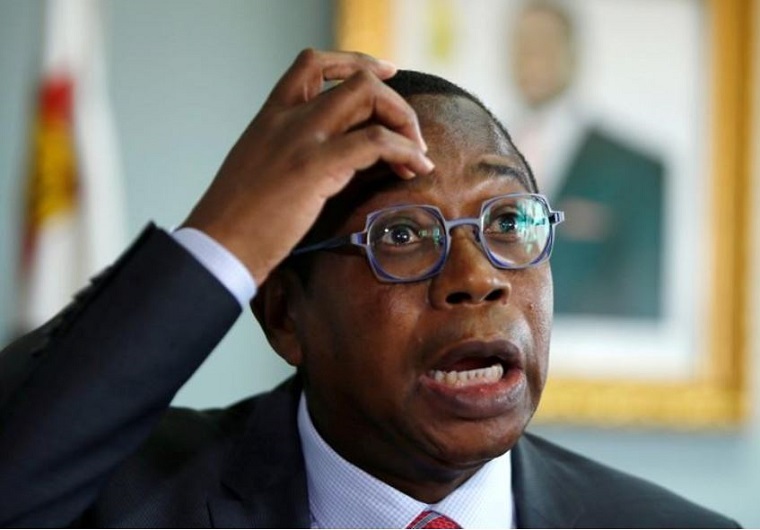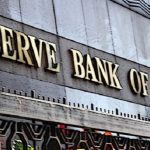Interest rates
RBZ has raised its main policy rate from 80% to 200%. RBZ raised interest rates because it thinks that, when interest rates are lower than inflation, people can borrow from the bank for speculation. However, for everyone else, higher interest rates means that getting a loan from the bank has now become far more expensive.
This also adds more pressure on banks, increasing the risk of people defaulting on loans.
But Guvamatanga, a former Barclays CEO, insisted: “I spent 28 years lending money. There’s one very clear aspect; non-performing loans are caused by bad lending, never by interest rates.”
He accuses local businesses of running a business model based on “monopoly pricing, unreasonable market power, access to cheap credit, access to cheap forex, access to cheap power – because they always come to ZESA asking for sub-economic tariffs”.
On food
The government is releasing 21 000 metric tonnes of wheat to millers, sold to them at import parity prices, and at the interbank rate. There will also be lots of 25 000 metric tonnes of maize to millers, and another 27 000 metric tonnes of maize at the current official price (Z$75 000 per tonne and US$90 per tonne converted at the official rate).
Ncube says he does not support price controls: “We should stay away from price controls; those would lead to shortages.”
On salaries
There are no major new measures on this front.
Government is increasing some allowances for health workers, such as on-call allowances for doctors and lab scientists, night duty allowances for nurses, and COVID allowances. There will also be housing loan guarantees and transportation for health workers.
After the 100% salary increase, rejected by unions, the government has announced some non-monetary incentives. These include restoring performance awards, and paying fees for up to three biological kids for teachers up to a limit. Currently, the limit is Z$20 000 per child.
Forex retention
Under current law, exporters can keep 60% of their earnings in US dollars and sell the other 40% to RBZ at the official rate. However, now, if a company has not used its export earnings after 120 days, 25% of that money will be sold at the interbank rate.
Govt views on inflation
Officials went to great lengths to state that the rising inflation has little to do with their own policies. Mthuli says the two main usual drivers of inflation, deficits and money supply growth, have been dealt with, but inflation is being driven by a lack of confidence caused by past hyperinflation. This has caused forward pricing and demand for US dollars.
Ncube admits that he will have to cut his 5.5% economic growth target for 2022.
Gold coins
If you’re looking to buy gold as an investment option to hedge against inflation, RBZ announces that it is introducing gold coins into the market “as an instrument that will enable investors to store value”. The coins will be minted by Fidelity and sold to the public via banks.
(457 VIEWS)


